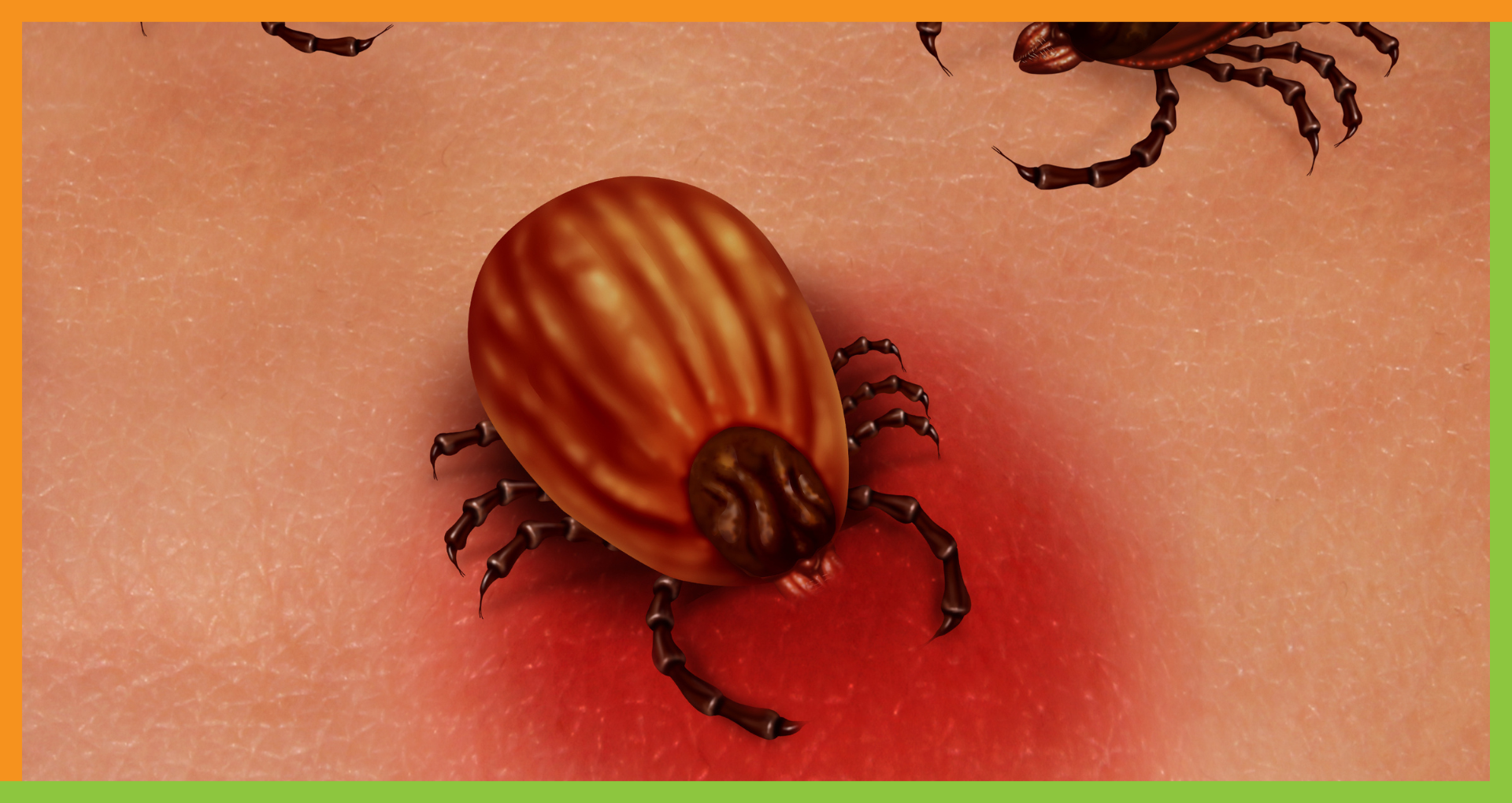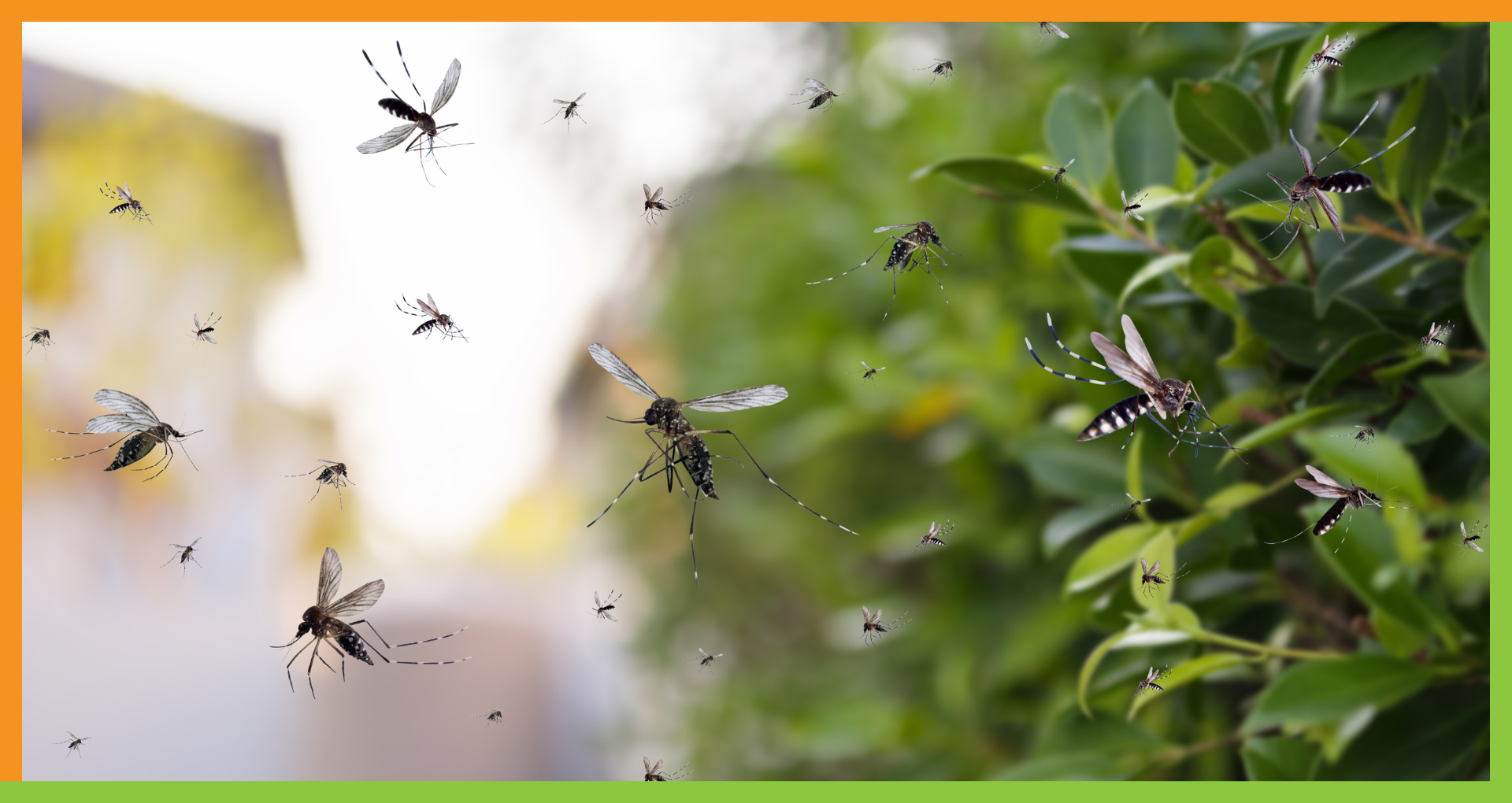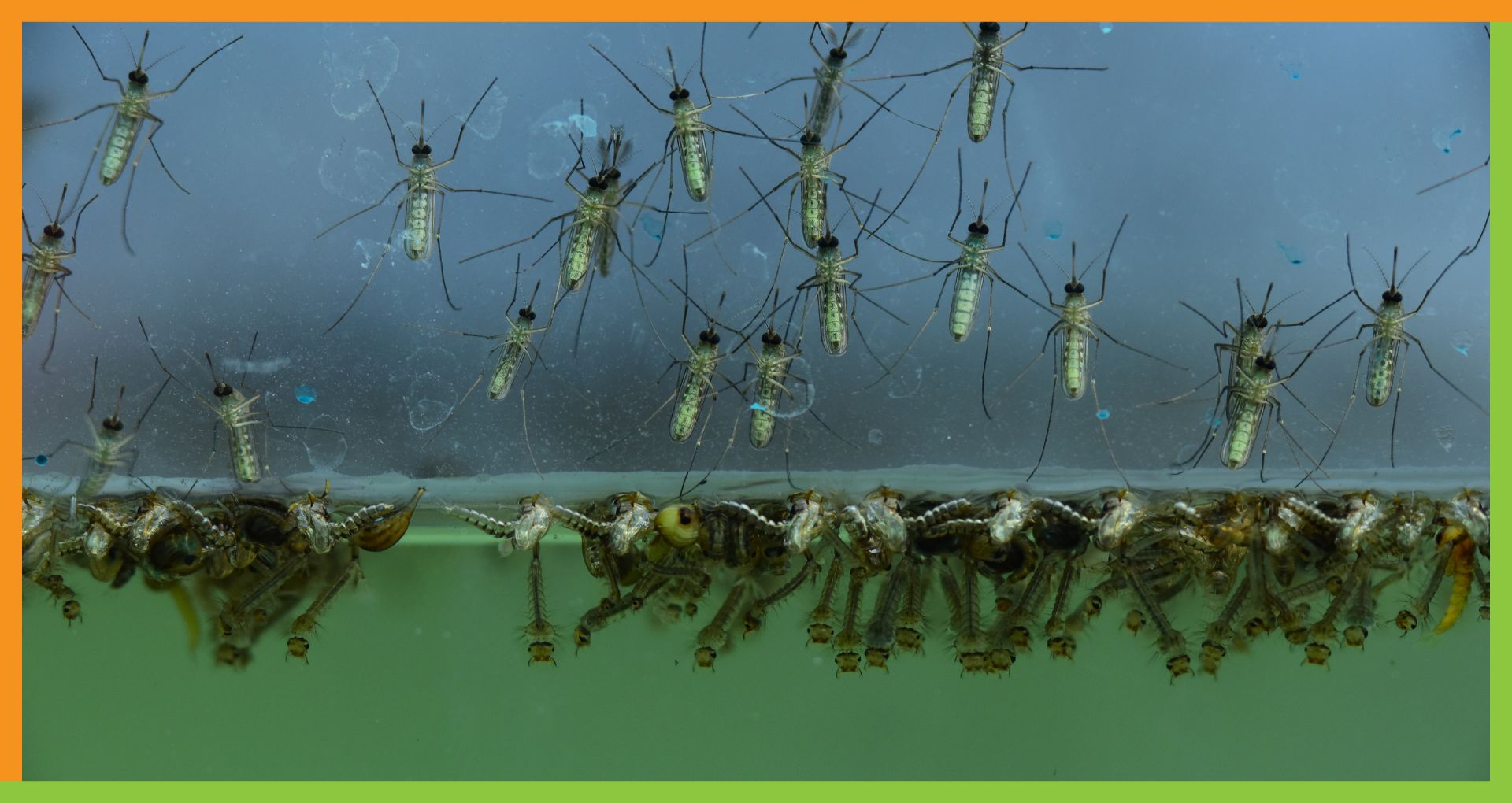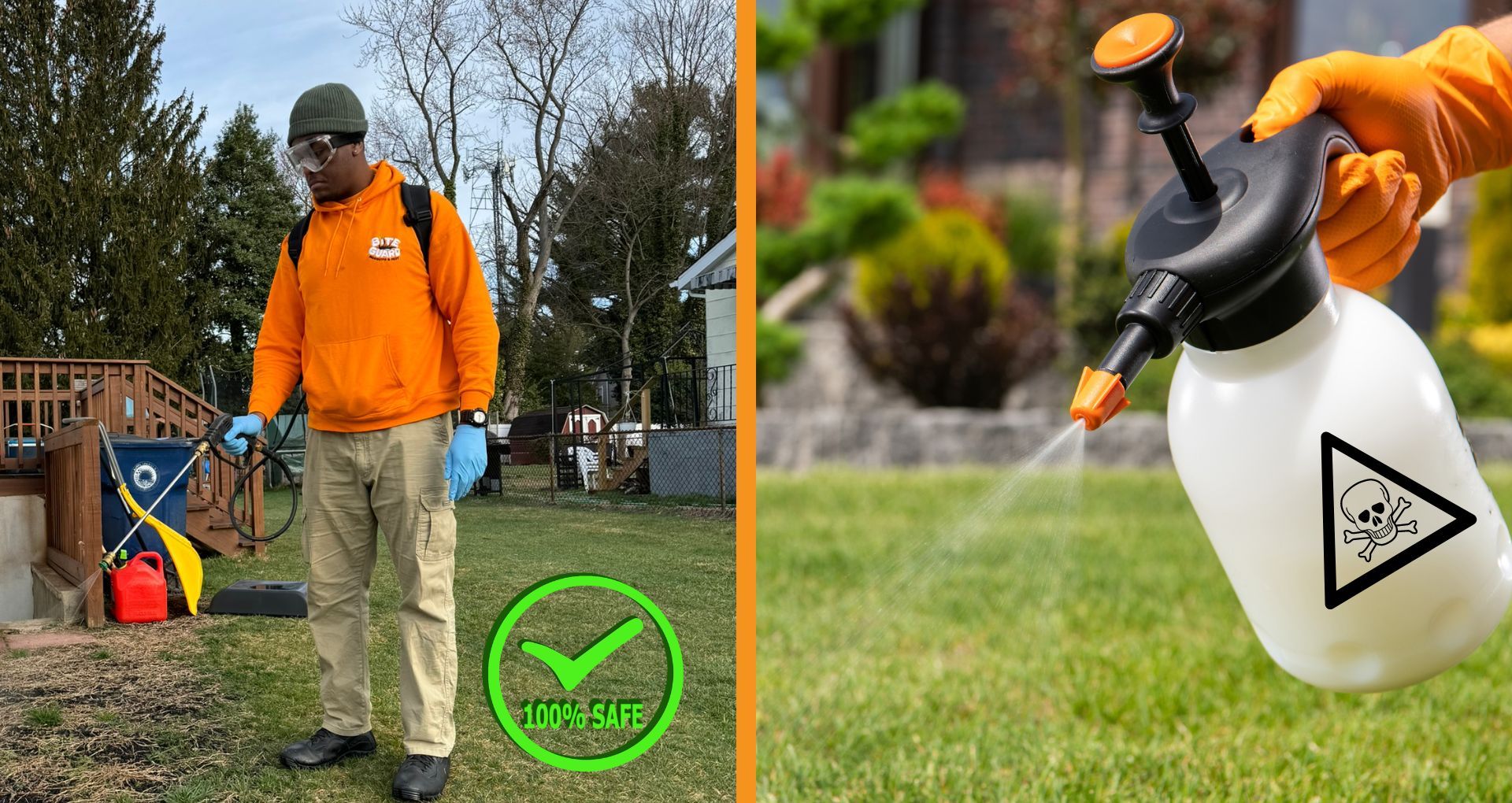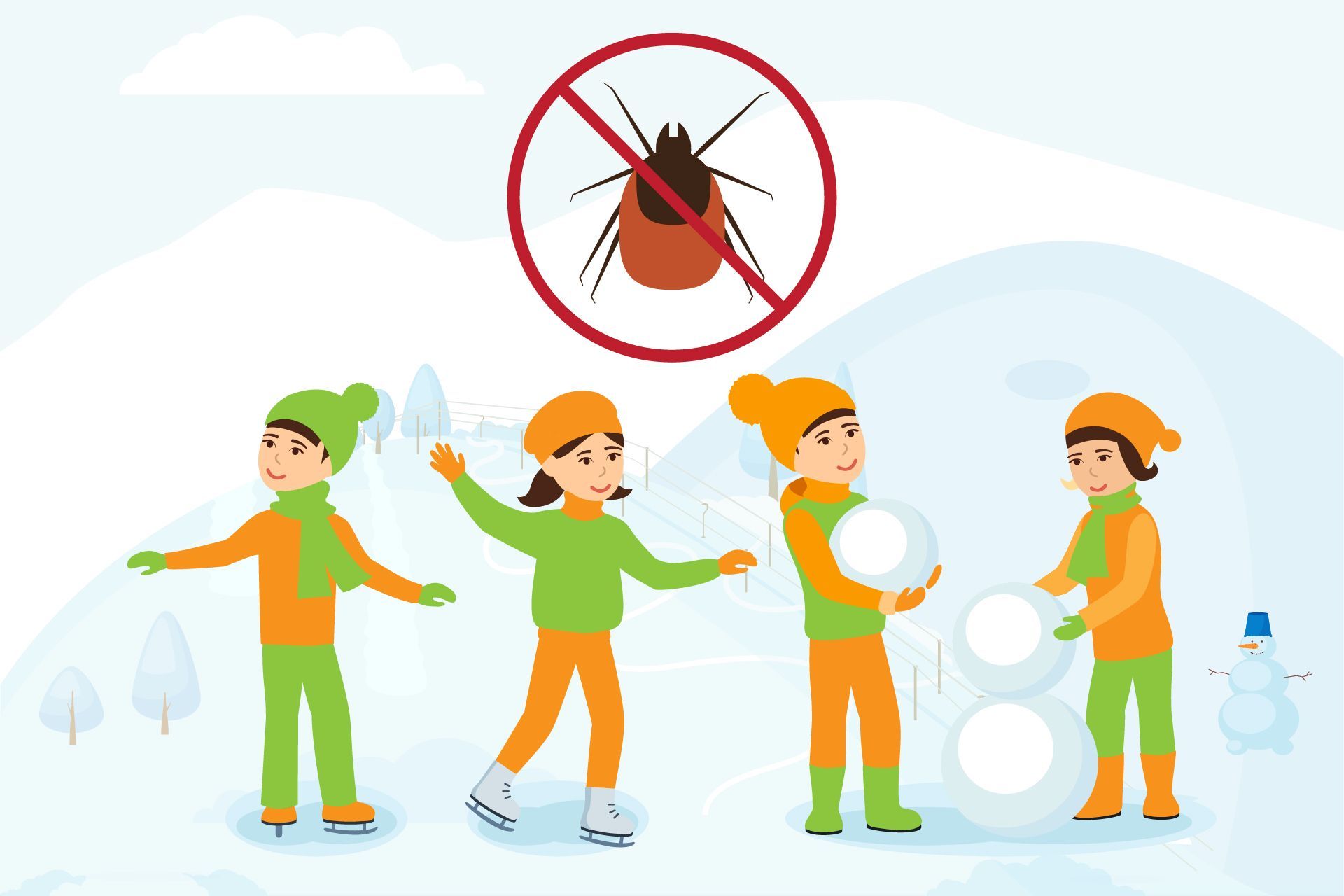"Do Ticks Hibernate?” Debunking Winter Tick Myths in New Jersey
There's a common misconception among NJ residents that ticks hibernate during winter, effectively vanishing until summer comes back around. That would be nice, but unfortunately that's not the case. In this article, we'll explore the reality of tick behavior in winter, debunk myths, and provide essential tips to keep you informed and safe.
Understanding Ticks in New Jersey
New Jersey is home to several tick species, and it goes without saying: they are a nuisance. Not just because they bite but because they often carry dangerous diseases with them. Before looking at the details of tick hibernation (or the lack thereof), it’s important to know a few basic facts.
Common Tick Species in New Jersey
The state is home to several species of ticks, including the Blacklegged Tick (also known as the Deer Tick), the American Dog Tick, the Lone Star Tick, and the Brown Dog Tick. Each species has different behaviors and habitats.
Disease Transmission
Ticks are known vectors for various diseases. The Blacklegged Tick, for example, is notorious for transmitting Lyme disease, anaplasmosis, and babesiosis. The Lone Star Tick can transmit ehrlichiosis, and the American Dog Tick is known for spreading Rocky Mountain Spotted Fever.
Tick Habitats
Ticks thrive in wooded, brushy, and grassy areas, including suburban yards. They are often found in leaf litter, or near ground level on tall grasses and bushes, where they can easily latch onto animals and humans.
The Myth of Tick Hibernation
So the question remains: do ticks hibernate in the winter?
Ticks in Winter: The Reality
Contrary to popular belief, ticks don't hibernate. Instead, they enter a period of dormancy, slowing down but remaining alive. They can even remain active when temperatures are above freezing and the ground isn't covered in snow. Different species adapt differently, with some like the Blacklegged Tick being particularly active on warmer winter days.
Why the Myth Persists
The belief in tick hibernation persists partly because ticks are less visible in winter. Cold temperatures and snow cover make their environment less conducive for activity. However, this doesn't mean they're not a threat.
Preventing Tick Bites in Winter
If ticks are still around for the winter then it's no time to let down your guard. To reduce the risk of tick bites in winter, it's crucial to stay vigilant. Here are a few helpful tips:
Wear Protective Clothing: When venturing outdoors, especially in wooded or grassy areas, wear long-sleeved shirts and long pants. Tucking your pants into your socks can create a physical barrier that prevents ticks from accessing your skin.
Stay on Trails: Avoid walking through thick brush and tall grass where ticks are more prevalent. Sticking to the center of trails can reduce the chances of ticks attaching to you.
Perform Regular Tick Checks: After being outdoors, always check yourself, your children, and your pets for ticks.
Manage Your Yard: Keep your yard well-maintained to reduce tick habitats. This includes clearing tall grasses and brush, raking leaves, and keeping lawns mowed.
When Should I Get Professional Help With Ticks?
Professional pest control plays a vital role in managing tick populations. Regular inspections and treatments, even in winter, can significantly reduce the likelihood of tick encounters. Pest control experts use targeted strategies to address tick hotspots and potential breeding grounds, ensuring your environment remains safer year-round. If you are looking for the best chances to keep ticks and other insects out of your life, then now is always the time to call in the pros.
Here’s a Little Recap
Remember, ticks in New Jersey don't hibernate; they adapt to survive through the winter, so it's crucial to stay informed and proactive about tick prevention throughout the year. Don't let the cold fool you! Ticks can still pose a threat in winter. Finally, for comprehensive tick management, consider consulting with a professional pest control service.
Frequently Asked Questions
Q: Do ticks die in the winter? A: No, ticks do not die off in the winter. They enter a dormant state and can remain active in mild winter conditions.
Q: Can you still get tick bites in winter?
A: Yes, it's possible to get tick bites in winter, especially during warmer spells when ticks become more active.
Q: What should I do if I find a tick on my property during winter?
A: Contact a pest control professional for an assessment and treatment plan. They can provide strategies to reduce tick populations on your property.
Q: How can I protect my pets from ticks in the winter?
A: Continue using tick prevention products on your pets year-round and check them regularly for ticks after they've been outside.
Q: When is the best time to schedule a pest control service for ticks?
A: Regular pest control services throughout the year, including winter, are recommended for effective tick management.The body content of your post goes here. To edit this text, click on it and delete this default text and start typing your own or paste your own from a different source.
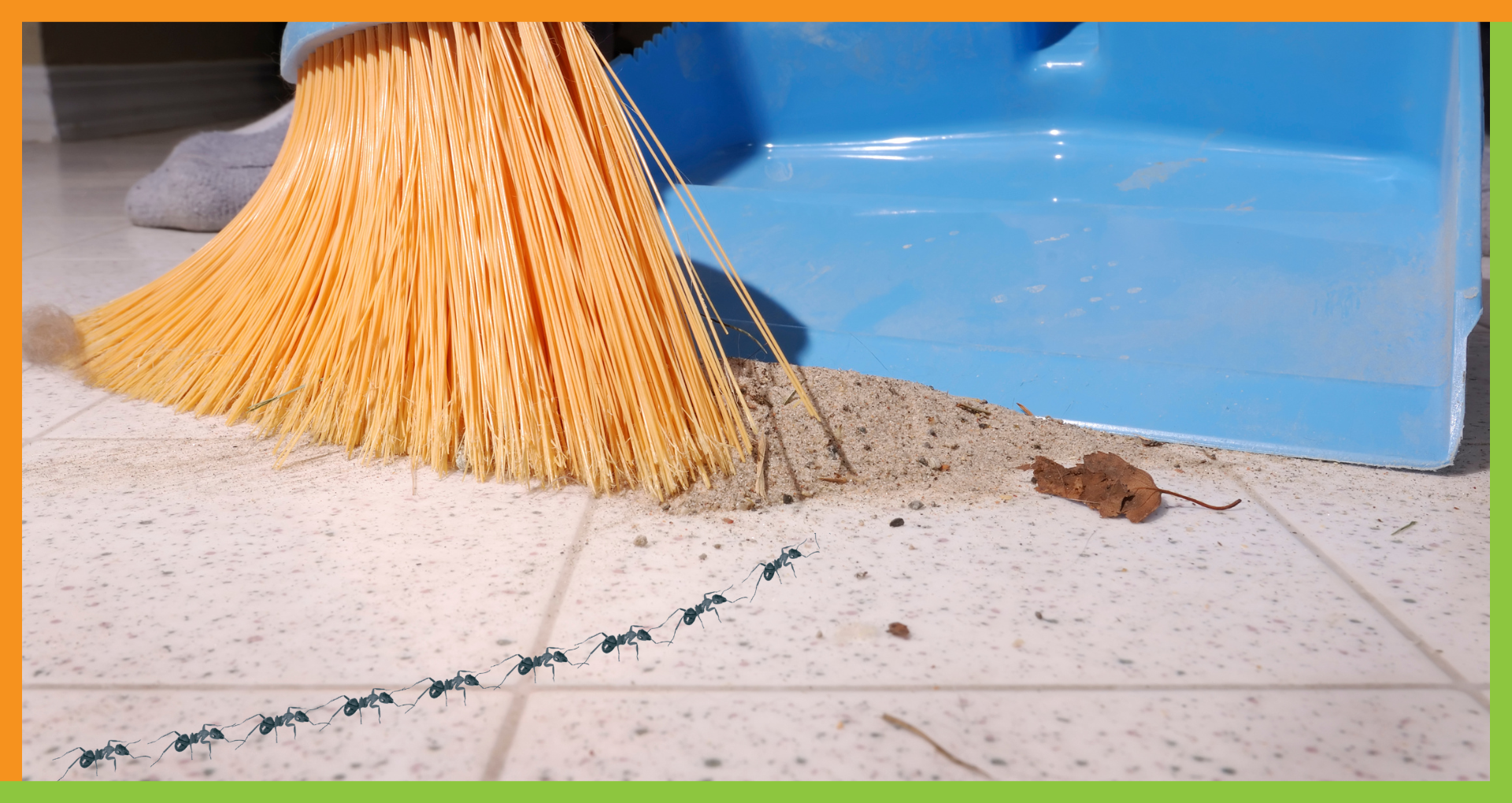
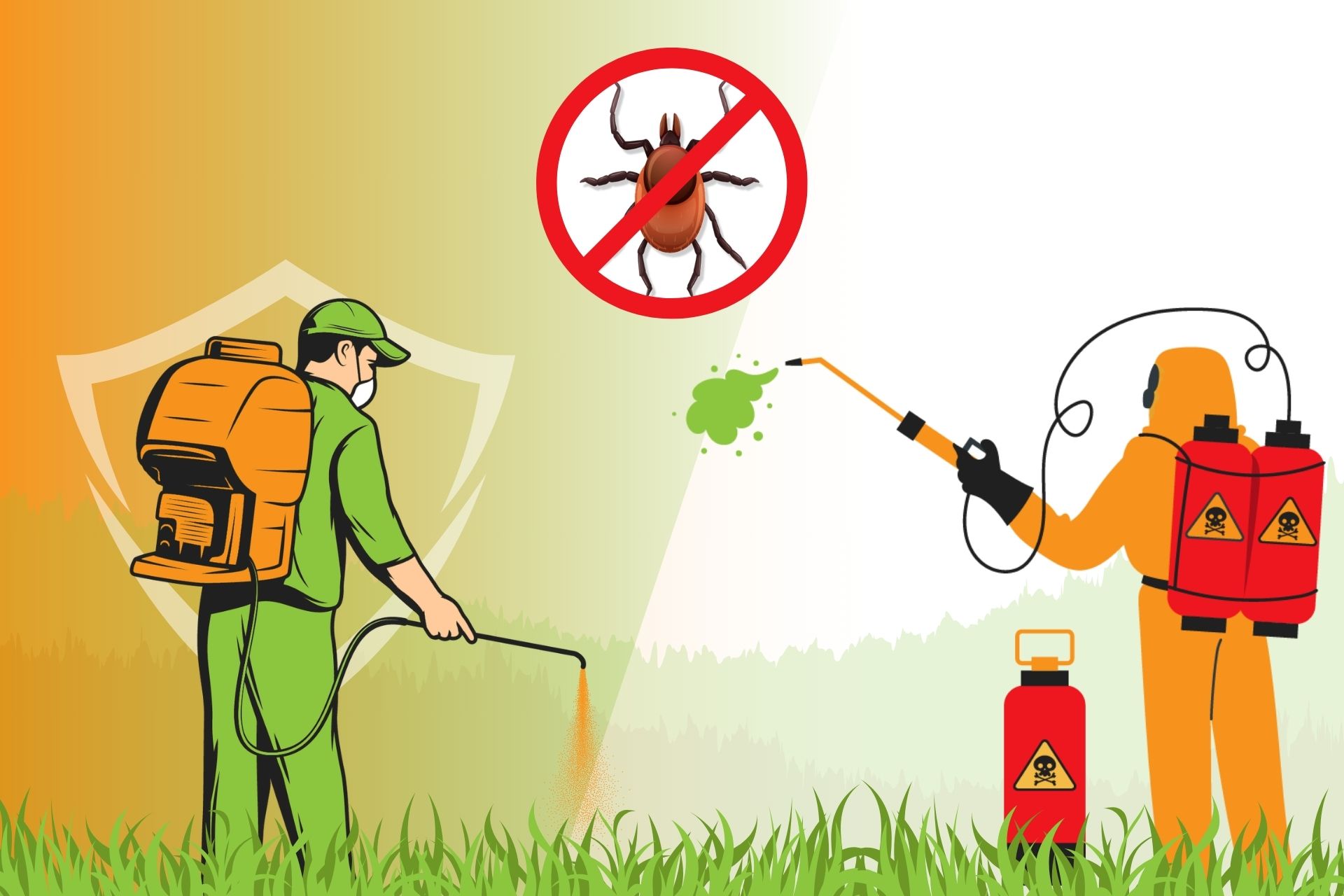
626 Park Road, #5
Cherry Hill, NJ 08034
130 Hickman Road, Ste 11
Claymont, DE 19703
1-833-924-7378
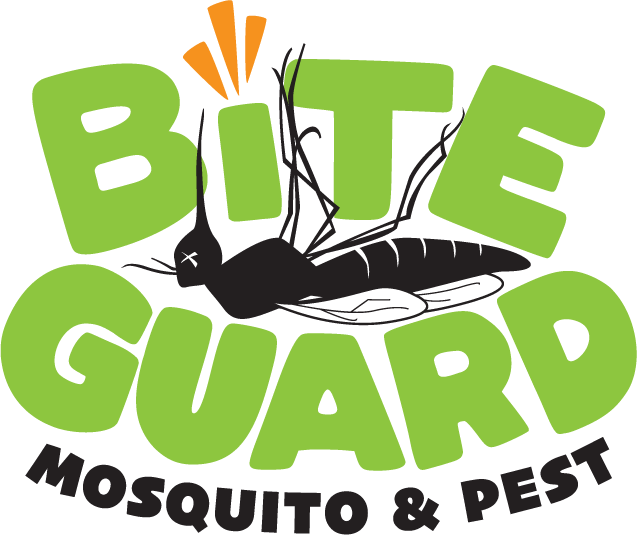
626 Park Road, #5
Cherry Hill, NJ 08034
130 Hickman Road, Ste 11
Claymont, DE 19703
1-833-9-BGPEST
1-833-924-7378
All Rights Reserved | Bite Guard Mosquito & Pest
